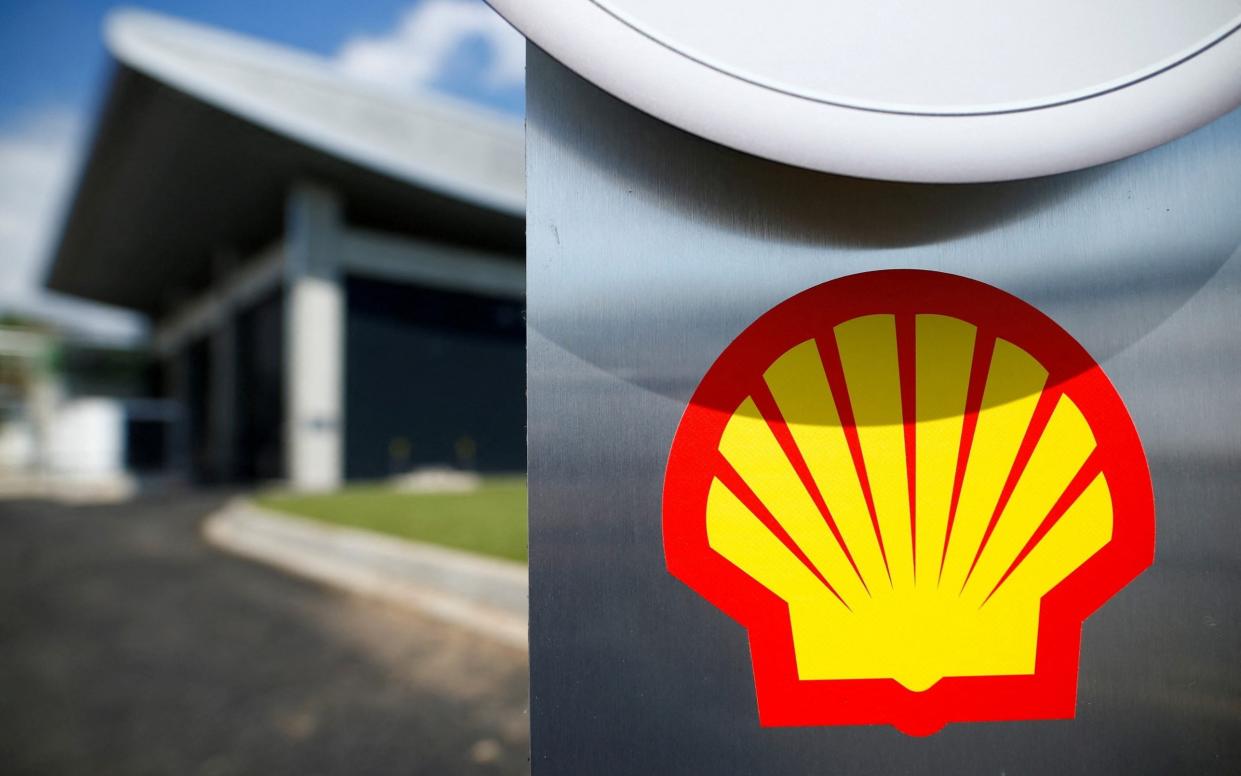Why Shell’s shares could look cheap

Many readers will be frustrated to read reports from National Grid and others that renewable energy and battery site developments are being held up by a lack of grid and power transmission, and distribution capacity with which to connect them.
This crunch is a major challenge to the planned transition towards renewables and away from more carbon-intensive fossil fuels. It also stokes the debate over which options, at least in the near term, offer the best energy return on invested energy (ERoIE), especially for baseload needs.
This column’s background does not lie in physics, so it will not pretend to have a definitive answer. But it does know two things. First, the world has never moved to a lower ERoIE source from a higher one, at least not intentionally and not for long, for its baseload needs.
Second, the £168bn market capitalisation of Shell represents a multiple of barely one times the company’s stated, end-2022 book, or net asset, value of $193bn (and not much more than 1.25 times book if you strip out the $26bn of intangible assets carried by the balance sheet).
The connection is that this means Shell’s shares could be cheap if the world ends up needing oil and gas for longer than we think and many of us would like, a trend to which BP’s results on Tuesday drop a less-than-subtle hint. This may be a very unpalatable perspective for those investors who prefer to run strict environmental, social and governance (ESG) filters before they make their portfolio picks.
But those investors who view markets as a matter of just dollars and cents, nickels and dimes, may take a harder-nosed look, especially as the oil price is holding firm around the $80 mark despite fears of a recession (and a slump in natural gas).
Weakness in gas may be one reason why analysts think Shell’s profits will drop in 2023 and 2024. But this column’s natural inclination is to challenge the consensus and while a recession, the near-term drive to rein in energy consumption and the long-term drive towards renewables are all potential dampeners for fossil fuel demand and prices, there are potential sources of support too.
These include China’s reopening of its economy; America’s need to replenish its strategic petroleum reserve; ongoing sanctions on Russian supply; and relatively lowly levels of investment in drilling and production across the world’s oil majors.
If the consensus is correct and oil and gas prices slide, Shell can still comfortably fund its forecast dividend, not least by reining in its share buyback programme, while the lowly valuation relative to net asset value could provide downside protection.
If fossil fuel prices catch light for any reason, then there could be share price upside, and enhanced cash returns, at least unless the windfall taxes imposed by the UK and EU become more widespread and that is a chance income seekers will just have to take.
Questor says: hold
Ticker: SHEL
Share price at close: £24.55
Update: Yellow Cake
The world’s need for cheap, reliable, low-carbon energy could yet fuel long-term demand for another option and make the market for uranium an awful lot hotter for three reasons.
This could further raise the profile of Yellow Cake, which as of the end of last year held 18.81m pounds of uranium oxide, a key step in the process of nuclear fuel rod enrichment, in its specialised storage facilities. First, Kazatomprom, the world’s largest producer of natural uranium, is keeping output flat this year, rather than increasing it by 5m pounds. Second, in response to the ongoing war in Ukraine, the EU has passed a resolution that called for sanctions against uranium imports from Russia. Finally, the US Congress is this week debating the prohibition of Russian supply and tye country is home to 40pc of the world’s uranium enrichment.
Second-guessing geopolitics is a dangerous game but sanctions would only serve to further tighten a market where inventories are low, supply growth modest and plans to extend the life of existing reactors or build new ones continue to proliferate.
Yellow Cake last week announced a £62m placing, priced at 412p, to fund contracted purchases of uranium oxide from Kazatomprom at prices below $50 a pound. Longer-term contract prices are already trading above that level.
Questor says: hold
Ticker: AIM:YCA
Share price at close: 413p
Read the latest Questor column on telegraph.co.uk every Sunday, Tuesday, Wednesday, Thursday and Friday from 6am.
Read Questor’s rules of investment before you follow our tips

